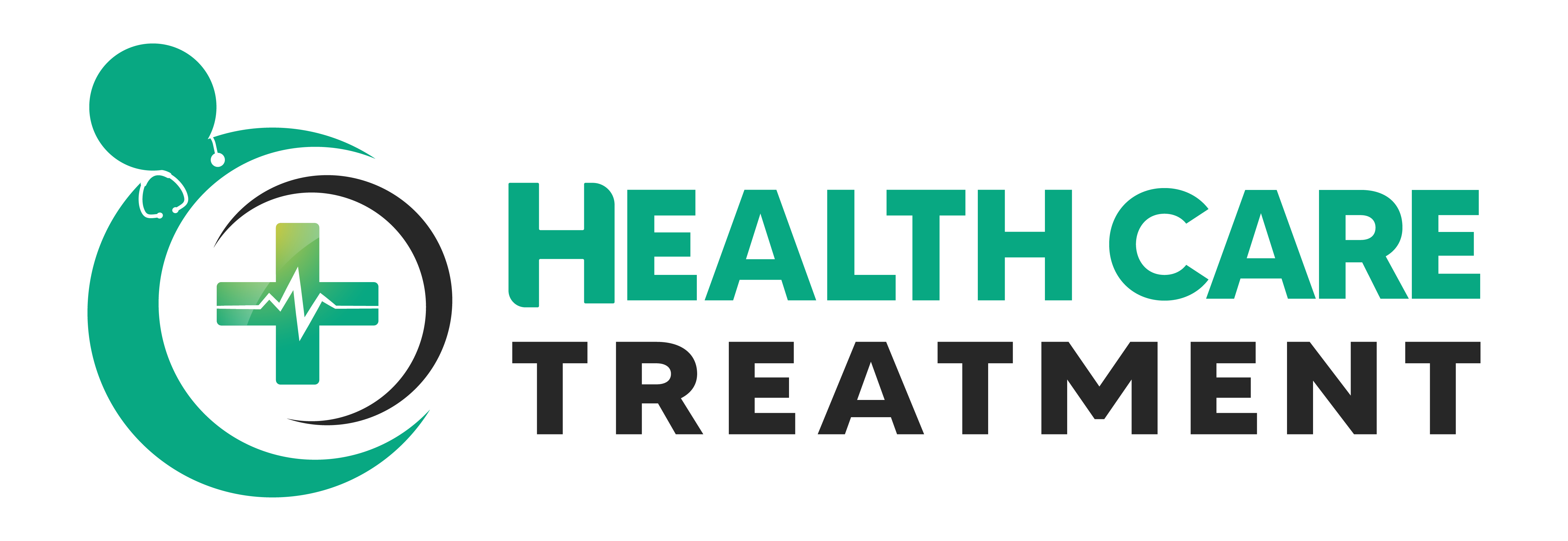18 Oct, 2017 | Riley Chidley | No Comments
Adult Children Caring for Elderly Parents Who is in Charge when Dealing with Aging or Ill Parents?

As roles change and adult children become caregivers for their parents, it is sometimes hard to determine what is reasonable to expect of oneself or others. Here are some general guidelines.
Who is Responsible for Elderly Parents’ Health Care Decisions?
If the elderly parents’ decisions affect or involve others, it is reasonable for the others to expect to be consulted. However, adult child caregivers must be mindful of the following boundaries:
In general, if a person’s elderly parent is ill and married, the ill parent and spouse are responsible for making decisions about the ill parent’s care. This is assuming that the relationship is not an abusive one and that the good spouse is of sound mind and is not addicted to alcohol or drugs. If the ill parent has dementia, the spouse will take on more of the decision making as dementia progresses.
If the elderly parent is ill, is not attached to a spouse or partner, and is of sound mind, he or she is responsible for his or her decisions.
When Adult Children Need to be Involved in Aging Parents Decisions
Adult children who care for their parents have a right to want to have a say in the decision-making if they are affected by the outcome of these decisions. The system of Aged Care in Cranbourne is very smooth and it works great. These could be decisions about:
- finances
- healthcare issues
- legal matters
- living arrangements
It is up to the adult child caregiver to negotiate the relationship to make this happen.
Why Aging Parents Do or Don’t Consult Adult Children
In general, if the relationship between parents and children involves mutual respect, and if adult children have been good listeners (as opposed to dictators), parents will be more apt to trust them and welcome their input.
However, if the relationship pattern is stuck in the parent-child mode, problems can result. Parents and adult children are each responsible for this relationship pattern, and either party can change it.
This pattern takes two forms:
The parents do what they want without consulting the adult children, but expect help and assistance from adult children.
The adult children assume that they know better, dismiss the parents’ concerns and try to tell the parents what they should do.
Caring for Elderly Parents in this Way can Cause Caregiver Burnout
Adult children caregivers can become burned out because they have no decision-making authority, yet they are constantly being called upon to respond to crises. This may be disruptive to their own health and well-being. They may see no way out. However, there are several options for adult children in this situation.
How to Gain Decision-Making Authority with Elderly Parents
The first option is to come out of the child role and learn how to get on the more equal footing with parents. Parents cannot keep adult children in a role that they refuse to stay in. Some ways to accomplish this are:
- Learn and practice communicating more effectively with elderly parents.
- Read books about adult children caring for elderly parents.
- Join caregiver support groups.
Becoming a confident and helper to the parents is the first choice. This time of life can be a time to reconnect, heal old wounds, and develop a new closeness.
In the end, caregivers also need to be able to draw boundaries. If ongoing attempts to be involved in decision-making fails, adult children need to decide what they will and will not do. They can state this in a loving way.
Caregivers health is at risk simply by virtue of being a caregiver. They have a right to protect their own health by saying no and applying conditions when it is appropriate.
